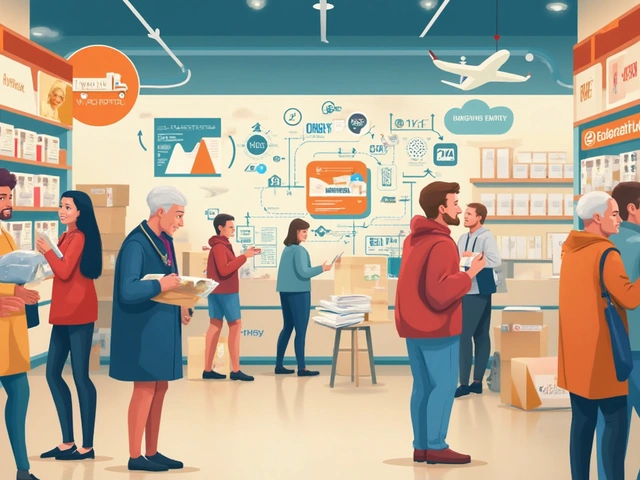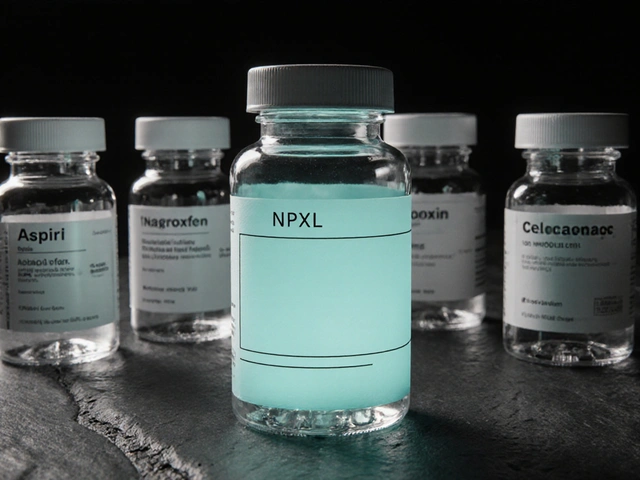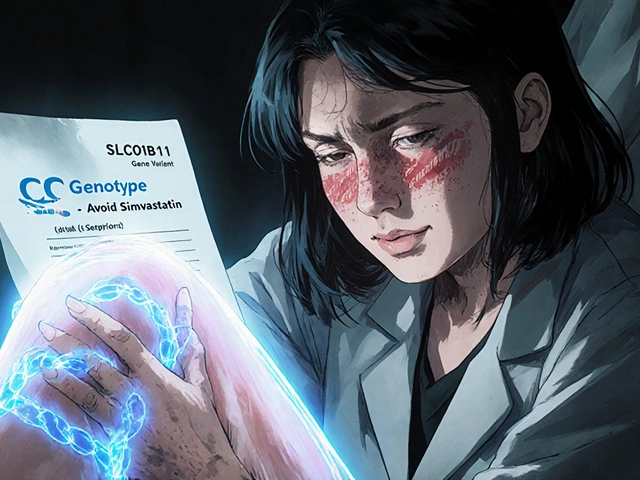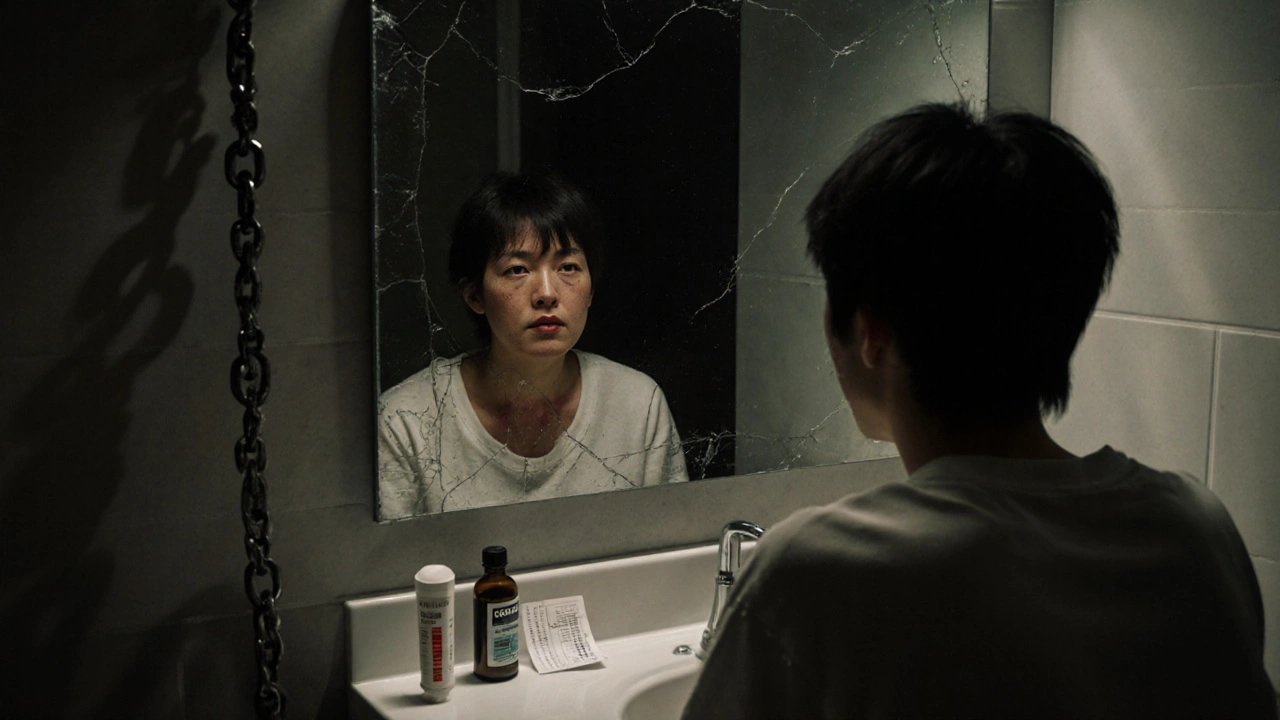Oral Acne Medication: What Works, What to Avoid, and How to Stay Safe
When topical treatments fail, oral acne medication, prescription drugs taken by mouth to treat moderate to severe acne by targeting bacteria, oil production, or inflammation. Also known as systemic acne treatment, it's often the next step when creams and cleansers don't cut it. Unlike lotions that sit on the skin, these pills work from the inside out—changing how your body handles oil, bacteria, and inflammation. But they’re not all the same, and not all are safe for everyone.
The two most common types are antibiotics, drugs like doxycycline and minocycline that reduce acne-causing bacteria and inflammation and isotretinoin, a powerful vitamin A derivative that shrinks oil glands and prevents clogged pores. Antibiotics usually come first—they’re cheaper and work fast for inflamed bumps. But overuse can lead to resistant bacteria, which is why doctors now limit them to 3–6 months. Isotretinoin, sold as Accutane or generics, is stronger. It can clear acne for good, but it’s tightly controlled because of serious side effects like dry skin, mood changes, and birth defects. If you’re on it, you need monthly blood tests and pregnancy tests if you can get pregnant.
Other options exist, like spironolactone for women with hormonal acne, or low-dose birth control pills that help regulate oil production. But they’re not FDA-approved for acne alone—they’re used off-label. And while some people turn to supplements like zinc or vitamin D, there’s little proof they work as well as real medication. What you don’t see in ads is how often these drugs interact with other meds. For example, isotretinoin can make you more sensitive to sunlight, and antibiotics like doxycycline lose effectiveness if you take them with dairy or antacids. The same goes for herbal stuff like St. John’s Wort, which can mess with how your body processes these drugs.
There’s also the long-term stuff you rarely hear about: how some people develop antibiotic-resistant acne, how isotretinoin can cause joint pain years later, or how birth control pills might raise your risk of blood clots. These aren’t scare tactics—they’re real trade-offs that doctors weigh when they write a prescription. That’s why the best results come from pairing medication with regular check-ins, not just picking the cheapest pill online.
Below, you’ll find real stories and data from people who’ve been through this. Some found relief with antibiotics. Others had to switch to isotretinoin after years of failed treatments. A few got hit with side effects they didn’t expect. You’ll see what works, what doesn’t, and what you should ask your doctor before starting anything.
Compare Isofair (Isotretinoin) with Alternatives for Acne Treatment
Compare Isofair (isotretinoin) with other acne treatments like antibiotics, hormonal therapy, and topical retinoids. Learn which option works best for severe acne, side effects, and long-term results.
About
Medications
Latest Posts


NPXL vs Alternatives: In‑Depth Comparison of Top Pain‑Relief Options
By Orion Kingsworth Oct 16, 2025

Albendazole in Pregnancy: Safety, Risks, and Guidelines Explained
By Orion Kingsworth May 23, 2025

Clinical Outcomes After NTI Generic Switches: What Studies Show
By Orion Kingsworth Feb 14, 2026

